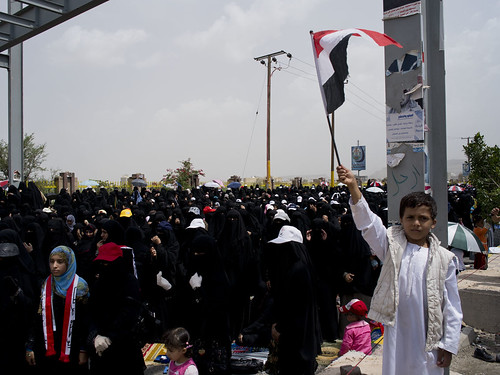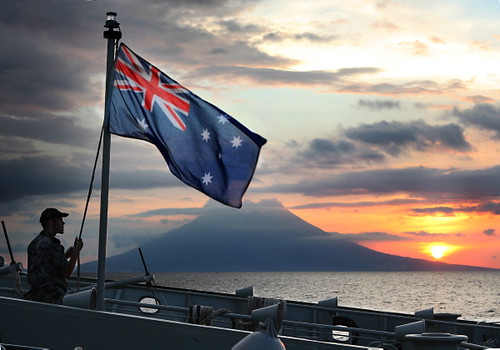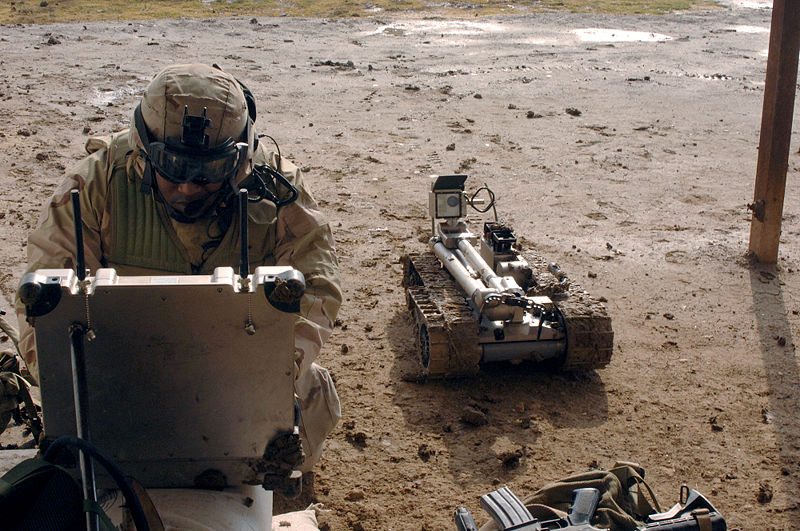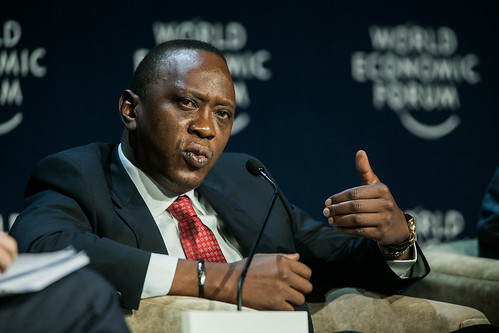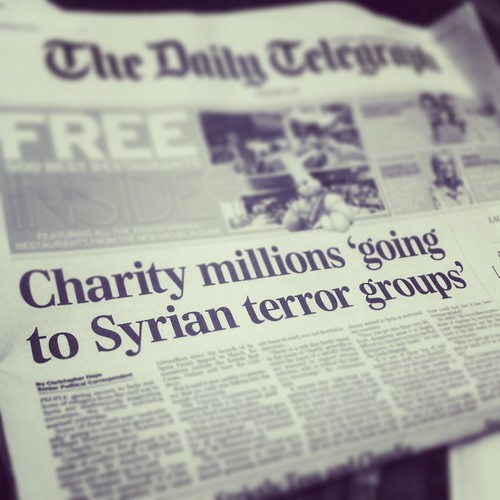
The UK’s Daily Telegraph ruffled a few feathers earlier this month by building a story around a few out-of-context remarks by the head of the UK’s Charity Commission to suggest that millions of pounds raised to assist victims of the conflict in Syria were being diverted to terrorist groups. The Charity Commission reacted swiftly to correct the story, pointing out that they possessed no evidence of any such diversions and that they work very closely with charities to minimize the risk that any could occur.
Fears of charitable donations being diverted away from their intended recipients are nothing new. Nor are accompanying fears that diverted money is ending up in the hands of people with less-than-good intentions. What is relatively new is how these fears are being addressed since the launching of the “global war on terror” in the wake of the 11 September 2001 attacks in the US.
Humanitarian organizations have long recognized that they have a responsibility towards both their donors and their beneficiaries to ensure that aid reaches the people it was intended for. Many organizations have developed their own systems of checks and balances to ensure that it does. However, it has long been recognized, both by donors and charities, that in conflict and emergency situations no system is perfect and there is always a risk that some aid is diverted or ends up in the wrong hands. What has changed with the dominance of a counter-terrorism discourse is that this risk of diversion has been defined as a security threat due to the fear that those wrong hands are terrorist hands.

